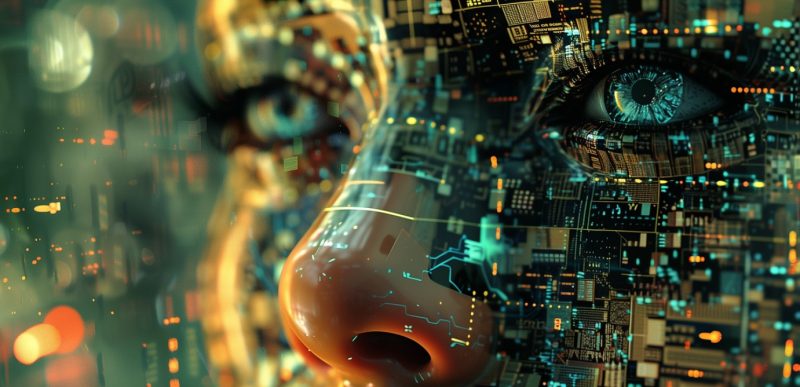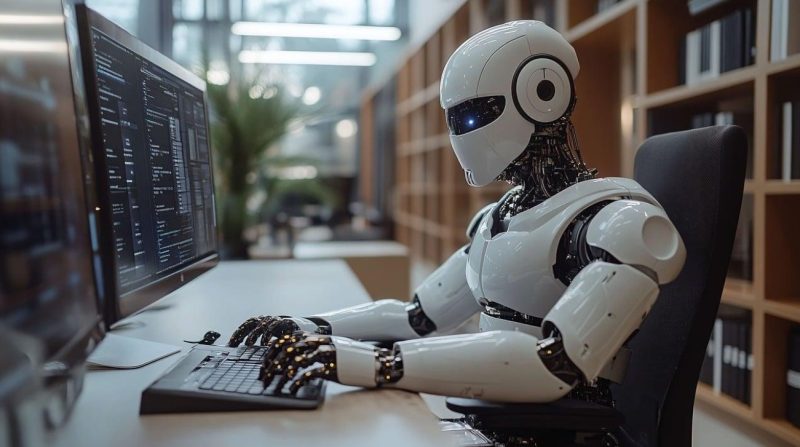
ChatGPT has just celebrated its second birthday. OpenAI’s conversational chatbot certainly isn’t the only big player in artificial intelligence, but its arrival heralded the era of hype of this technology. That said, some of the noise has died down recently. AI companies are dealing with many issues, including training costs and a growing consensus that building bigger AI models may follow the law of diminishing returns. As such, some of the panic that AI would lead to mass unemployment has also dampened down.
Nonetheless, there are some jobs that AI is uniquely suited to replacing. It’s not going to happen overnight, but we can pick some roles where there is already evidence of a shift to AI. Again, though, there is no need to panic, as many of the human possessors of these roles will simply adapt, much the same way as the modern office employee adapted when the PC replaced the typewriter.
Translation
A few weeks ago, Microsoft Teams showcased new AI technology that would instantly translate the speaker on a Teams video call to a range of different languages. It was mightily impressive. There will always be a place for linguists, but basic translation roles may soon change. This could revolutionize communications.
Customer Service Representatives
Chatbots like ChatGPT and other conversational AI tools are increasingly being deployed to handle customer queries and process complaints. Customer service bots were annoying before anyone started talking about AI, but at least now they are becoming much better. With AI, they can easily be personalized, too.
Basic Programming
About 25% of Google’s new code – millions of lines of code – is generated by AI. The technology is uniquely adept at writing code, so it is natural that this will impact some computer programming jobs. It already is. The good news is that it is making coding less laborious for developers.
Games Developers
It’s becoming ridiculously easy to build games with AI. Within minutes, AI can learn the mechanics of a classic game like Tetris or a top slot like Hit the Gold and start building through prompts. Like computer coding, it may lead to a future where anyone can build their own video game.
Paralegals
This one is super interesting. Law is based on historical precedent and interpretation of facts, two things that AI can deal with naturally. Right now, it’s helping many paralegals be more efficient with their time, but it is possible that legal assistants and lawyers will soon see some of their roles replaced with AI.
Financial Analysts
AI algorithms are adept at analyzing large datasets and identifying trends. These elements are part and parcel of financial analysis roles. Now, there are caveats, as AI is only really as good as the data it has hold of, but the age of AI trading and investment is certainly upon us.

Medical Transcriptionists
Similar to linguistic translation, speech-to-text AI tools have revolutionized medical transcription. Many healthcare providers now rely on AI to transcribe doctor-patient interactions and medical records. There are some ethical issues here, though, including patient privacy.
Basic News Reporting
AI can already generate news articles based on structured data, such as sports scores or financial updates. Automated journalism tools allow outlets to produce content faster and at a lower cost. When it comes to providing more analysis beyond the basic facts, we are still going to have to rely on humans, though.
